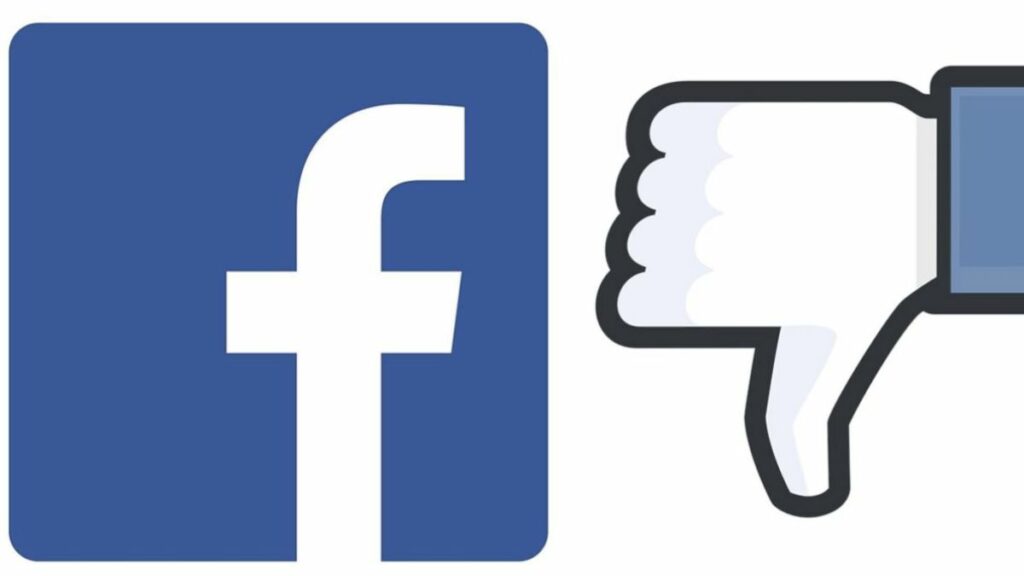More and more evidence now confirms this. Facebook is not a neutral platform where all opinions can find their place, but a giant multinational corporation that responds to a specific political and cultural orientation. By virtue of this status, the popular social network chooses to censor certain content and, conversely, promote and encourage other content.
First and foremost, the alignment of Mark Zuckerberg’s company with the World Health Organization’s “COVID-correctness” is well-known. While it may be fine to remove posts that deny the virus, because such denial of a health threat can cause harm, now even those who are merely critical of the current vulgarity are being relentlessly bashed. Well, Facebook isn’t satisfied and it has doubled down its efforts by donating $120 million to humanitarian organizations through sponsorship of posts containing “correct information” about the pandemic. At the same time, again in collaboration with the WHO, it is expanding “[…] the list of false claims we will remove to include those about COVID and vaccines.” But who is it that, like a divine oracle, gets to decide what is true and what is false in the world of post-truth erected as a flagship? That duel in April 2018 between Zuckerberg and US Senator Ted Cruz is memorable, but even more so what came out of it.
Yet, we do not observe the same rigor and scrupulosity when it comes to protecting minors. Facebook, in fact, allows companies to advertise to 13-year-olds who express interest in smoking, in weight loss techniques and in gambling… for the price of just three US dollars. This was discovered by the organization Reset Australia, which carried out an ad hoc experiment. After creating a page and an advertising account called the “Ozzie News Network,” the association noted that while Facebook does not allow advertising alcohol and other adult products to children under 18, it does not prevent advertisers from referring to those children who, based on algorithms, have expressed an interest in alcohol or other non-permitted products.
According to Reset Australia’s calculations, advertising to 52,000 adolescents interested in alcohol would cost $3.03, while to reach 14,000 adolescents interested in gambling would require $11.24. For less than a thousand teens interested in cigarettes (electronic and otherwise) you would spend between $138.50 and $210.97.
Reset Australia has therefore asked the Australian government to develop a code governing the data collected on young people, suggesting that parents must give consent. The association’s executive director, Chris Cooper, is also puzzled: “Will a 13-year-old boy who says he is single receive targeted ads for dating services? Will a 15-year-old classified as interested in alcohol see ads suggesting how to make cocktails from the contents of their parents’ liquor cabinet?”
However, the embarrassing situation brought to light by the Australian organization is nothing compared to what emerged four years ago, following an investigation by the BBC. The British television network reported dozens of child pornography photos on Facebook: 80% of the images have never been removed. This is precisely in line with what has been denounced by Don Fortunato Di Noto regarding certain contents that remain on the web even after denunciations. As for the BBC scoop, and in response at the time, the journalists were denounced by the very same Facebook known for its strictness in banning images of “nudity or other sexually allusive content.”
On that occasion, the BBC had alerted Facebook to the presence of 100 obscene images in each of which there was at least one minor. The softer ones involved girls just entering their teens, while others were pure child porn. Only eighteen of these images have been removed! Further checks carried out by the British broadcaster revealed the presence of five profiles managed by users with criminal records for rape offences. Although Facebook prohibits these people from opening accounts, none of the five profiles were deleted after the relevant reports.
The list of mercenaries conveyed through the most famous social network in the world does not end here, however. In late 2019, just before the pandemic engulfed every other issue of debate, when the topic on the crest of the wave was illegal immigration, at least a couple of Italian newspapers, including Il Giornale and Sole 24 Ore, revealed the existence of Facebook pages created specifically to provide information on how to land illegally on Italian shores in the best possible conditions. As if it were a brochure of a travel agency, it explained which were the most suitable ports of departure in Turkey and upon arrival, which had the most affordable rates (usually ranging between 2,000 and 4,000 euros). And again, Facebook is doing absolutely nothing to hinder the persecution carried out by the Chinese communist regime against the Uyghurs of Xinjiang, which its non-Han inhabitants call East Turkestan. So much so that on March 25, in a hearing before the US Congress, Zuckerberg himself admitted – without any consequences to himself or his platform – that Beijing uses Facebook (which is obscured within Chinese borders) to monitor and spy on Uyghurs sheltered abroad.
